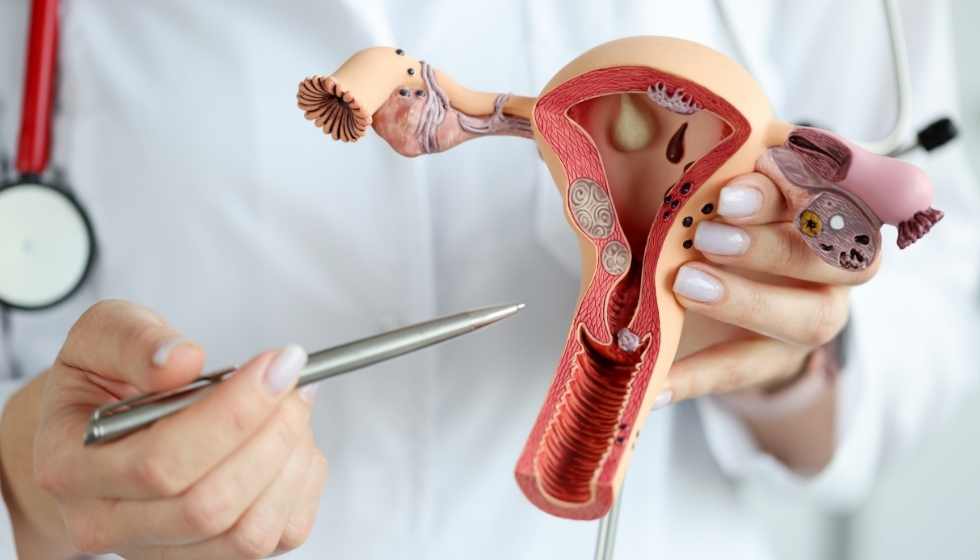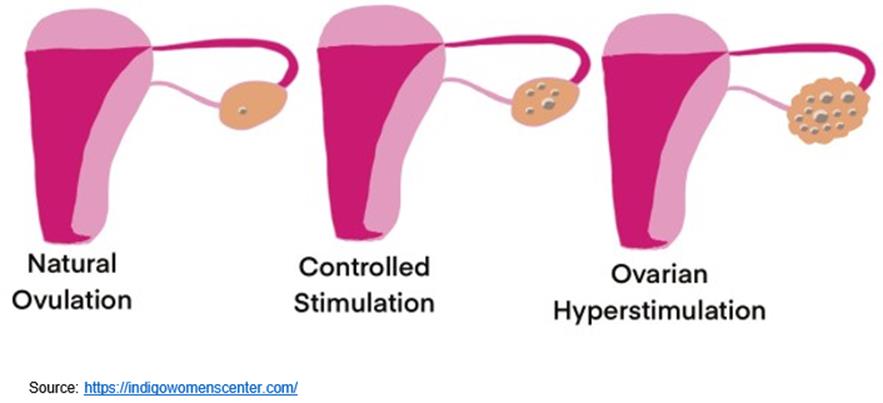

Are you planning to go for IVF? You must have conducted your research then. Well, most of what matters anyway. But today, we will discuss ovarian hyperstimulation syndrome. Dr. Hrishikesh Pai will most definitely explain this part to you before he starts conducting the process of IVF.


When you start your IVF treatment, one of the first steps taken is to give you hormones to stimulate your ovaries to produce Eggs. But sometimes, in some women, the ovaries get hyper-stimulated, leading to mild to severe complications.
In case of mild symptoms, they go away on their own in a few days, but severe symptoms may require hospitalization.
In this article, Dr. Hrishikesh Pai, one of the best IVF doctor in Mumbai, discusses every aspect of this condition.
Read on to know more.
1. The symptoms for mild to moderate cases of OHSS may feel like those mentioned below:
Injectable hormone stimulating drugs usually cause mild symptoms that disappear in a week at the most. If you get pregnant in the meanwhile, the symptoms may last for a longer duration and maybe even worsen.
2. Symptoms of Severe OHSS
Ideally speaking, you may feel like consulting your specialist every time you notice changes in your body and may tell yourself that it will sort out; maybe it’s a part of the journey. But these symptoms, mild or severe, cannot and should not be ignored. Please consult Dr. Pai immediately.
Especially if you are breathless and your legs begin to pain. It is a call for action.
The human chorionic gonadotropin is a hormone produced during pregnancy or injected. It plays a vital role in pregnancy. But in hyperstimulation of the ovaries, the blood vessels of the ovaries have an abnormal reaction to HCG, and fluids begin to leak from them. It swells the ovaries, and if a considerable amount of fluid leaks, it fills the abdomen.
HCG is given to a woman as a stimulant for infertility treatments so that the matured follicle releases an egg. Hyperstimulation of the ovaries shows its symptoms within a week of administering the HCG injection.
And suppose the pregnancy takes place during this phase, the OHSS worsens because now the HCG production is natural and adds to the existing condition.
Some of the conditions that may increase the risk of getting OHSS are:
We have previously mentioned some symptoms like
Some other complications involved are;
During fertility treatments, even under normal circumstances, your doctor would like to keep a very close watch on all the factors to be ahead of any abnormalities.
Some of the measures your fertility specialist will take to keep a tab on OHSS are:
Measured doses of gonadotropins, usually the minimum. Just enough is given to trigger the ovulation.
Some medications such as aspirin, metformin, and calcium are added to avoid complications.
Sometimes your specialist will wait till the estrogen levels are within normal limits before injecting HCG.
An alternative for HCG called Lupron is administered to avoid OHSS, especially if you have a history.
If you are underway IVF treatment, your specialist will recommend freezing all the follicles, mature and immature, to lower the risk of OHSS.
This post was last modified on March 14, 2024
Meticulous preparation and close attention to detail will guarantee that these worthwhile properties arrive at…
According to human psychology, humans think a lot and assume everything that is happening in…
The Face Roller Massager has many benefits, from relaxation to reducing all signs of aging.…
Moviezwap site is available on the internet; everyone can browse the moviezwap.org Hindi, Telugu, and…
Hodophile can be found all over the world, and they come from all walks of…
If you're trying to get pregnant, it's worth thinking about improving your diet. Avoid sausages,…